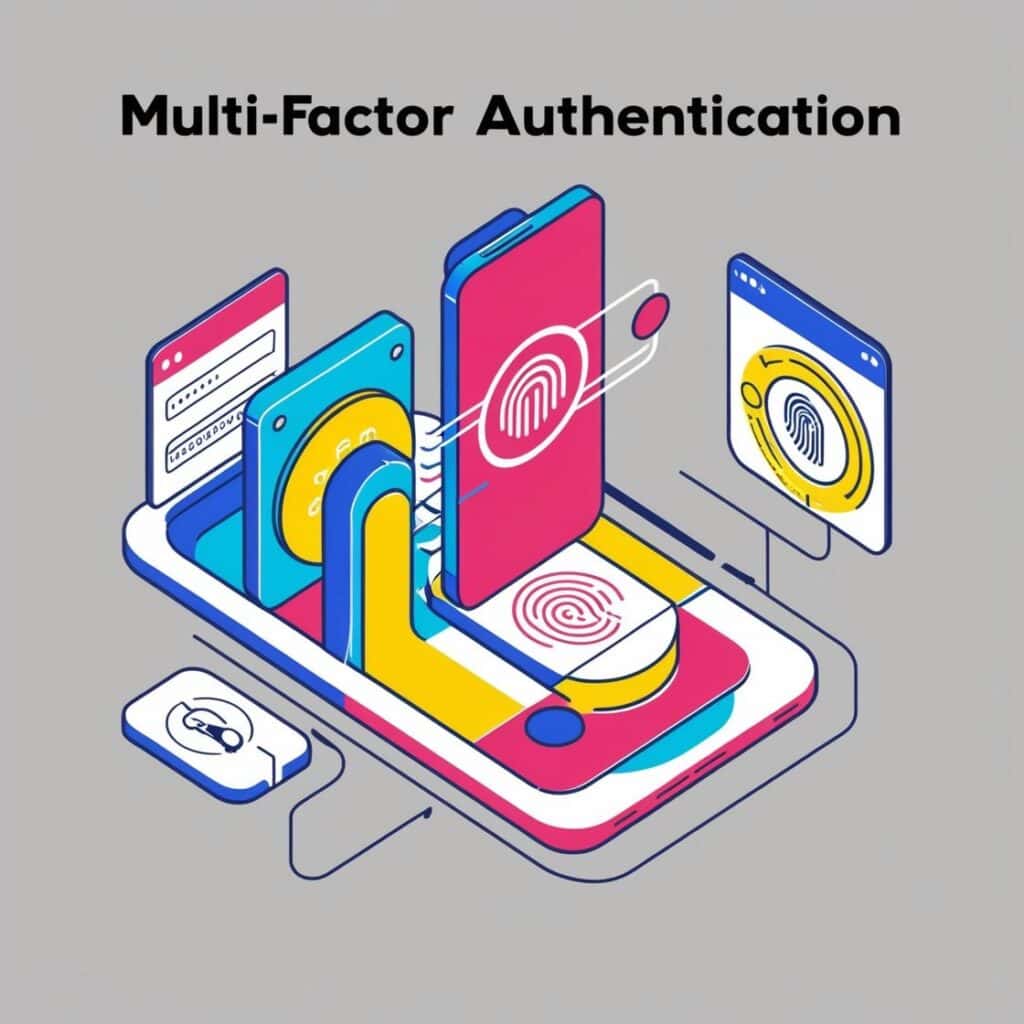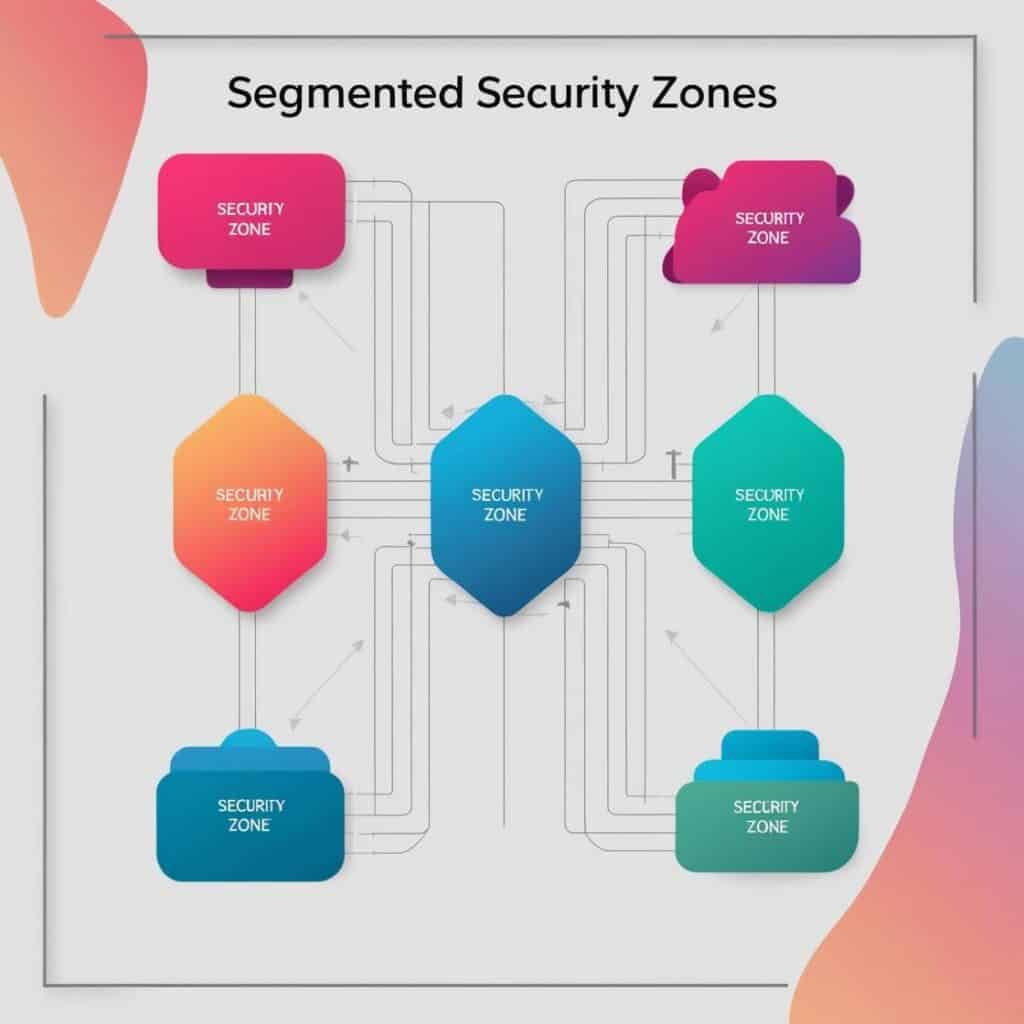Essential CPA Firm Security Controls: Building a Strong Security Foundation
Picture this: an email arrives in your inbox, indistinguishable from the dozens you receive every day. The sender’s name matches a trusted client, the tone feels familiar, and the signature looks authentic. Yet hidden within it is a cleverly designed attack, capable of stealing sensitive data and jeopardizing your entire operation. For many CPA firms, this isn’t just a hypothetical—it’s a daily reality.
The stakes couldn’t be higher. Protecting your firm requires more than a firewall or antivirus software; it demands a comprehensive approach that blends human awareness with robust technology. This guide breaks down the essential security controls your practice needs, providing practical steps and real-world examples to help you build a system that not only defends against threats but empowers your team to recognize and respond effectively.
When the difference between security and breach comes down to moments, preparation isn’t just an advantage—it’s your strongest defense.

The Human Element: Your First Line of Defense in CPA Firm Security Controls
Security awareness isn’t just about following rules—it’s about understanding why those rules exist and how they protect your practice. We frequently see firms focus on technology while overlooking their most critical security asset: their team.

The Importance of Vigilance: Lessons from Common Scenarios
Phishing attacks are becoming increasingly sophisticated, often bypassing standard security measures. For example, a cleverly disguised email mimicking a trusted client can slip through spam filters and land in an employee’s inbox. Without proper training, this single email could lead to disastrous consequences, such as unauthorized access to sensitive client data.
By implementing robust security training and controls, firms can empower their teams to spot subtle warning signs—like unusual sender addresses, unexpected attachments, or urgent requests for confidential information. These measures transform employees from potential targets into critical lines of defense, significantly reducing the risk of a breach.
Initial Security Orientation
- New employee security training
- Review of firm security policies
- Hands-on practice with security tools
- Introduction to incident reporting procedures
Ongoing Education
- Monthly security updates
- Real-world scenario training
- Phishing simulation exercises
- Security policy refreshers
Multi-Factor Authentication: A Critical CPA Firm Security Control

Required Systems for MFA
- Tax preparation software
- Client portals
- Email systems
- Remote access points
- Cloud storage services
Recommended Authentication Methods
- Authentication apps – such as DUO Mobile
- Hardware security keys – Yubikey
- Biometric authentication
🔒 Pro Tip: When implementing MFA as part of your CPA firm security controls, start with your most critical systems first. We’ve found that firms who take a phased approach have better adoption rates and fewer disruptions to their workflow.
Network Security: Your Digital Foundation

Firewall Configuration
- Enterprise-grade firewall implementation
- Regular rule reviews and updates
- Traffic monitoring and logging
- Port management
Wi-Fi Security Setup
- WPA3 encryption implementation
- Network segregation
- Regular security key rotation
- Access point monitoring
Ready to Strengthen Your CPA Firm Security Controls?
At Computer PRO Unltd, we understand the unique security challenges facing CPA firms. Contact us to discuss your security needs:
📞 6363-442-2776
✉️ [email protected]

Remember: Security isn’t a destination – it’s a journey. Each step you take in implementing CPA firm security controls strengthens your practice’s protection and helps maintain your clients’ trust.
This is part of a series the Intro post is A Comprehensive Guide to CPA Firm Cybersecurity and the previous post is Cybersecurity for CPAs
Hi, My name is Josh Giesing. I am the President at Computer PRO Unltd. In my free time, I enjoy reading and have a passion for learning.
